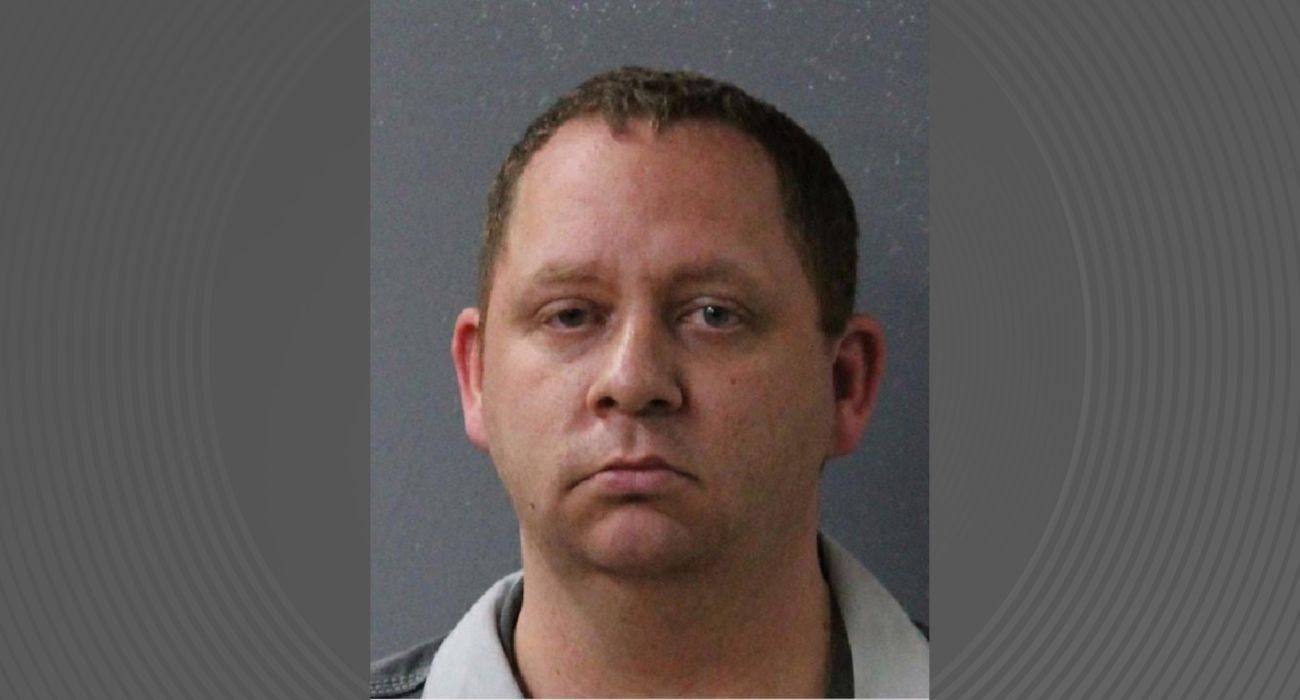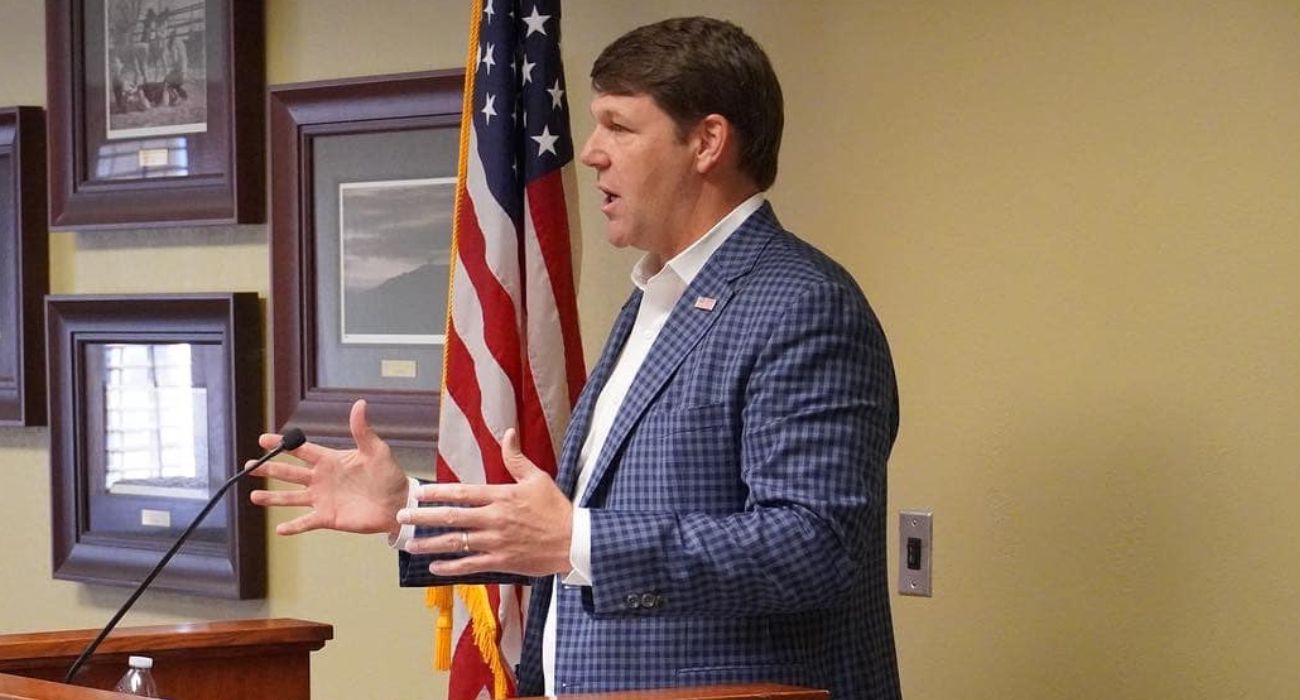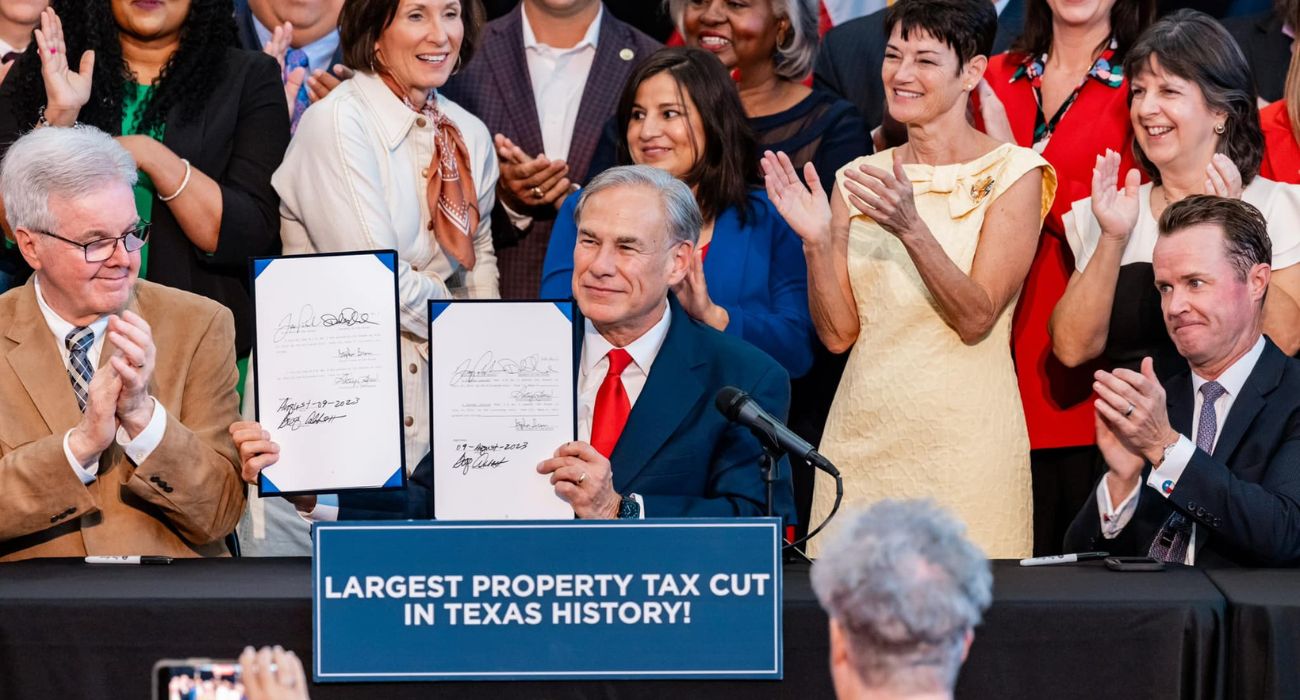San Antonio has aligned with Houston in a legal battle against a new law passed by the Texas Legislature as the conflict of municipal versus state power continues.
City of San Antonio authorities announced Monday that the city had joined Houston’s lawsuit against Texas over the newly passed law, filed on July 3.
The legislation seeks to prevent municipal governments from passing rules that contradict state law across different regulatory fields. These include the codes of local government, business, natural resources, labor, insurance, property, finance, and agriculture.
As San Antonio Mayor Ron Nirenberg explained in the news release issued on July 24, “We do not intend to meekly surrender our community’s right to self-govern. City Council members — chosen by local voters — work with residents in their neighborhoods and understand their community’s needs and issues far more than lawmakers in Austin.”
The law in question is House Bill 2127, often referred to as the Super Preemption Bill, or the “Death Star” Bill by its opponents, set to go into effect on September 1.
As reported in The Dallas Express, HB 2127 was promoted as providing more regulatory consistency throughout the state and fostering a healthier business environment.
Gov. Greg Abbott said while signing the law in June that it would “provide a new hope to Texas businesses struggling under burdensome local regulations.”
The bill’s author, Rep. Dustin Burrows (R-Lubbock), tweeted when it passed Senate, “We are one step closer to ensuring businesses aren’t faced with a patchwork of inconsistent and overreaching regulations that conflict with state law.”
HB 2127 also found support among business organizations, including the Texas Restaurant Association, the Texas Association of Businesses, and the Texas branch of the National Federation of Independent Business.
On the other hand, opponents of the new law have suggested that it contains vague language, runs counter to the home rule of cities guaranteed in the Texas Constitution, and shifts the burden of disproving preemption to cities when local regulations contradict those of the state.
“It essentially delegates any home-rule city’s power, in relation to multiple subject matters, to the courts,” explained San Antonio’s City Attorney Andy Segovia in the news release.
According to this argument, the new law puts San Antonio in a vulnerable position that could see it face a surge of lawsuits. The city’s taxpayers could be left shouldering this financial burden, according to Segovia.
“House Bill 2127’s vague language poses many more questions for cities than it answers. Its language makes it impossible to understand which specific city ordinances may conflict with state statutes amended by the bill,” Segovia added.
The City of Houston suggested that its pay-or-play program would be canceled under the new law. This program requires contractors to either pay for their workers’ health insurance or pay into a city fund that supplies it to workers. According to the city, 30,000 uninsured Houstonians receive health care benefits through this initiative.
San Antonio City Council also has an ordinance in the pipeline aiming to mandate rest breaks for construction workers during the sweltering summer heat — similar to another regulation currently in effect in Austin. These ordinances would likely be undone by Texas Legislature, according to Axios.
Austin’s City Council has been meeting with its attorneys as it also considers taking legal action against HB 2127, according to Axios.






